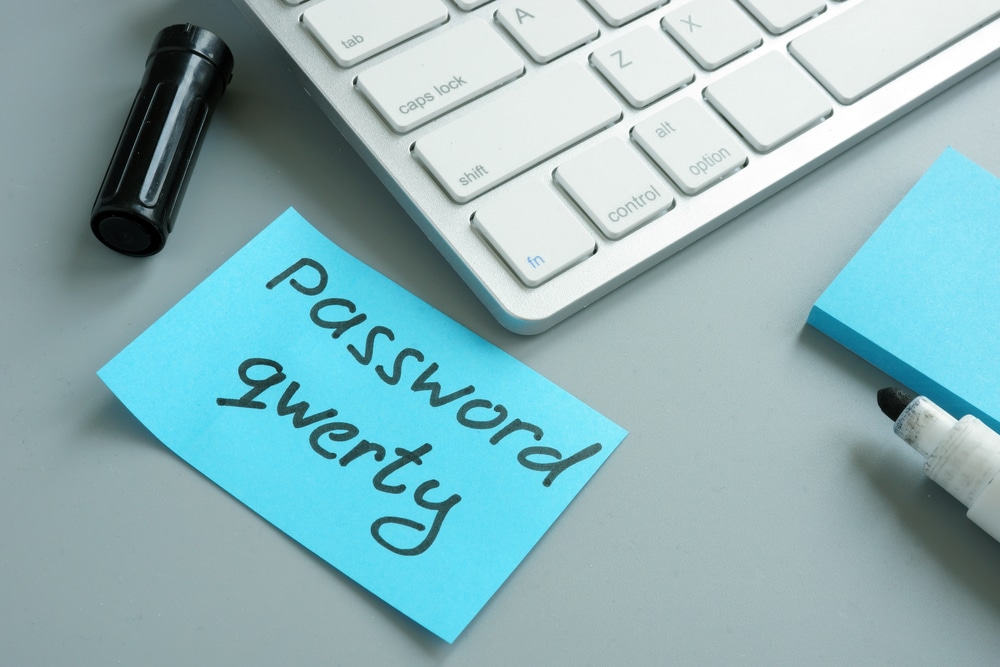
Google launches new initiative for sharing scam details
Google has announced a new partnership with the Global Anti-Scam Alliance (GASA) and the DNS Research Federation (DNS RF) to launch Global Signal Exchange (GSE), a new project with the ambition to be a global clearinghouse for online scams and fraud bad actor signals.
This collaboration combines the strengths of each partner: GASA's extensive network of stakeholders, the DNS Research Federation's robust data platform with already over 40 million signals, and Google's experience in combating scams and fraud.

Is it safe to share personal details online?
In one way or another, we invariably find ourselves sharing personal details online. Whether it's signing up for a newsletter, registering to access a website, or simply making an online purchase, our presence online is a constant. So how do we keep our info safe when we're buzzing around online?
And how much trust can we place in the websites where we share our personal details? Let's delve into strategies to safeguard our information and ensure our safety when sharing personal details online.

Proton Pass launches a secure way to share passwords
We all know that you shouldn't share your passwords with anyone else. But the world is a complex place and there are occasions when it's necessary to send someone a login -- sharing access to a business social media account for example -- or other sensitive information.
Email, SMS, Post-it notes, etc are not secure ways to do this, so Proton is launching a new Secure Password Sharing feature for its Proton Pass password manager.

How much is your streaming account worth on the Dark Web?
Netflix recently announced a crackdown on the sharing of account details and has introduced a paid sharing option to allow multiple users. It isn't surprising then that there's a thriving Dark Web market for streaming account details.
Research from AtlasVPN shows that account logins for popular streaming services are being sold for an average of $11.

Most people are willing to share their data if it leads to better experiences
Almost 60 percent of people believe it's worth allowing companies to access their personal data if it means a better user experience, according to a new survey from API management company Axway.
There's an interesting geographic split, 75 percent of Brazilians and 59 percent of US citizens say it is worth giving companies access to their personal data if it means a better user experience.

Best practice steps for safe data sharing
Digital data is everywhere. You only have to look at how much data is transmitted over the internet on a weekly, daily, hourly, or even second-by-second basis to understand just how much data is being shared. In fact, at the start of 2020, the amount of data in the world was estimated to be 44 zettabytes. Given how much data is created every day, pundits predict that this will likely increase to 175 zettabytes by 2025.
As employees and businesses, we are constantly sharing information. Likewise, the number and variety of entities and individuals we share that information with has grown exponentially. No longer is this simply restricted to the perimeter of our own businesses, but it now extends to partners, suppliers, customers, prospects, and influencers around the globe. Consequently, the challenge for most organizations now is: how do we share data easily, quickly, yet also securely?

New platform offers safe, self-service data sharing
In order to get the best value from data it's important that it's accessible to the right people in the business at the time they need it.
Data privacy specialist Privitar is announcing a new data provisioning platform that makes self-service data available safely, at scale, to the people who need it.

How the new sharing economy has changed consumer behavior
We currently live in a Digital Age, which, unlike a couple of decades ago, gives us the ability to leverage one another, like never before, as resources for support in just a few clicks or taps. Nowadays, we congregate online to do so many important things, none more important than sharing our precious resources. Whether we're setting up a ride on Lyft or booking a room on Airbnb, we, as consumers, are putting our trust in the fact that we will get great service and a fair deal, even when we are dealing with people we do not know. It's a fascinating time when what used to quaintly be called "stranger danger" has rapidly given way to consumers learning to trust complete strangers to provide everything from reliable transportation, to comfortable lodging, to transparency into how donations are being used.
The aforementioned companies are now, probably much to our parents’ disdain, household names. And with this kind of brand familiarity comes an implicit sense of trust. We know that if our Lyft driver fails to show, there is a company we can contact to complain about it. We also know that if our Airbnb host doesn’t provide clean accommodations upon arrival, we can go complain on Yelp. Every day, each of the crowdfunding, crowdsharing, and crowdsourcing companies that we're becoming increasingly reliant upon, in turn, relies on one important thing to make sure their business is running as well as it ought to be: consumer feedback.
